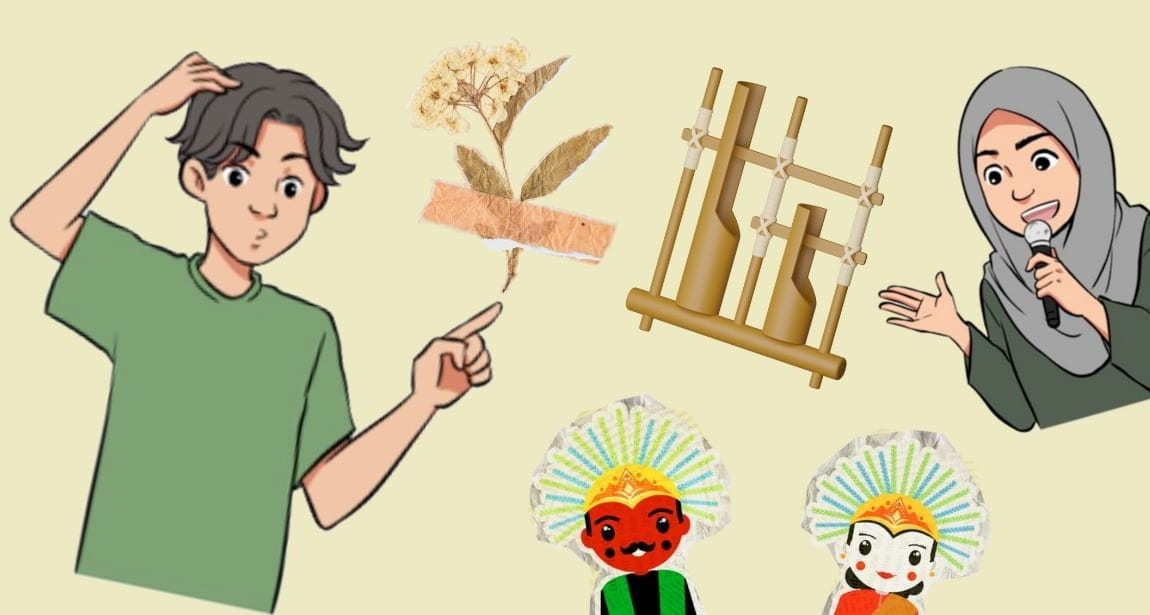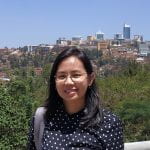Latest posts
- Policy documents: UNICEF Innocenti Discussion Paper on Children and Youth Participation (August 2025) 26 August 2025
- MAP International Online Conference 2025: Session Summaries Report 24 July 2025
- MAP 2025 Conference Highlights: Recordings and Slides 23 July 2025
- Journal article: Reimagining Peace Education in Nepal: Arts-Based, Learner-Centric Pedagogy for Social Justice and Equity 13 July 2025
- Curricula: Mithila art-focused local curriculum in Nepal 2 July 2025
- MAP International Online Conference 2025 1 June 2025
- Policy brief: Gira Ingoma book and policy brief: “The Culture We Want, for the Woman We Want” 28 November 2024
- Manuals and toolkits: GENPEACE Children’s Participation Module in the Development Process 13 November 2024
- Journal article: [Working Paper] Gira Ingoma – One Drum per Girl: The culture we want for the woman we want 30 October 2024
- Curricula: Beyond Tradition: Psychosocial Model 30 October 2024
- Curricula: Beyond Tradition Module: Revitalizing Lenong as a Model for Teaching Betawi Arts 30 October 2024
- Curricula: Beyond Tradition: Lenong Revitalisation as a Model for Teaching Betawi Cultural Arts 30 October 2024
Press: Art-based Pedagogy for the freedom of thought and creativity: an alternative approach to implement the Emancipated Curriculum in Indonesia
- Advocating for progressive education
Authors
Implementing the Emancipated Curriculum in Indonesia, which has replaced the 2013 Curriculum (K13) in secondary schools, has several challenges. Among them is the absence of a standard textbook. Whilst this is not enforced by the Emancipated Curriculum, schools still hope for guidance. Another challenge is that teaching staff are overwhelmed with the legacy of the K13 model: it is taking time to transition and adapt to the new curriculum.
The Emancipated Curriculum focuses on freedom of thought and creative thinking for each student, specifically through (1) seeking a more interactive learning approach through project-based activities (2) providing freedom for schools, teachers, and students to determine appropriate learning models, and (3) adapting learning outcomes to student’s needs. This means changing the teaching and learning approach from one that previously tended to be one-way (from educator to student), to a dialogic and interactive pedagogy between educator and student. This change requires educators to develop interactive/participatory methods and understand the needs of their students.
To overcome these challenges and provide alternative teaching and learning approaches that focus on the gaps above, we can learn from the Mobile Arts for Peace (MAP) research project (2020-2024). MAP uses arts and culture-based methods to increase the participation of children and young people in decision-making, as well as provide input for national curricula and youth policies, carried out in Kyrgyzstan, Rwanda, Indonesia, and Nepal. MAP offers innovative methods to strengthen the implementation of the Emancipated Curriculum for secondary school students through the ‘MAP Marketplace Pedagogy’. This pedagogy shows that critical learning is a benefit of an arts-based and intergenerational dialogic approach. This pedagogy requires four stages: talk shows, reflection, problem identification, and problem-solving discussions.
1. Talk show: dialogue with artists
The Emancipated Curriculum specifically seeks a more interactive learning approach, and the MAP talk show model brings together children along with cultural artists to first understand a specific art form and the skills needed in the artistic process. This activity aims to gain knowledge about art forms in a more than verbal way that is easy for children to understand. The dialogue and intergenerational interaction flow from the child’s questions about the art form.
2. Joint reflections
Art aims to inspire and provoke reflection. It arouses feelings, including empathy and seeing the world through another person’s eyes. Through a talk show format, children and cultural artists together can reflect both as an individual and as part of a group, learning from this experience. The reflections are recorded, so that children and cultural artists can recall the meaning and benefits of existing art forms.
3. Identify social problems to be addressed through art forms
One tool used in MAP to understand problems is the Problem Tree. The main problem is drawn as the trunk of a tree, the causes as the roots, and the consequences of the problem are represented by the leaves or fruits. Through the act of drawing this tree, children learn to think critically about what they consider to be a problem. For example, the problem of sexual exploitation of teenagers can be viewed at two levels: direct and indirect. The direct cause is peer invitation, while the indirect causes are poverty and low parental supervision. Problem selection is based on a child’s reflection on their environment. If the Emancipated Curriculum focuses on adapting learning outcomes to student needs, the learning process needs to start from what the students themselves are experiencing.
4. Discussion of problem solving
By utilizing other learning materials such as videos, children see how art forms open up dialogue concerning solutions to social problems. After that, the children dialogue with the cultural artists on how to choose and convey messages through certain art forms. After this process, the practice of skills and the creation of new works of art begin. The MAP Marketplace pedagogy does not force solutions through the works of art produced but rather uses the art forms that children produce, as a medium for dialogue with stakeholders regarding solutions to these problems.
The ‘MAP Market Place Pedagogy’ creates a meeting space between children and cultural artists, enabling dialogue and art to be used as an effective learning approach. The benefits that children gain from this encounter, include learning about themselves, and their environment, how to communicate problems and creative solutions. This is an example of evidence-based learning for educators and parents regarding how to implement an interactive learning process through direct experience with arts-based methods.
Like the Emancipated Curriculum which was born to overcome learning loss during the pandemic, the MAP approach offers a pedagogical added value to arts-based approaches. The MAP Marketplace Pedagogy shows specific attitudes and behaviours that could be imitated by other educators. This includes an attitude that recognizes children’s needs and changes the role from ‘expert’ to ‘facilitator’, adapting the way of teaching; through encouraging children to find the meaning and benefits of each art form explored. Cultural artists use methods/techniques and language that are easy to understand through practical examples. In this case, the artistic process becomes a process that combines the child’s ability to think critically to explore problems, which is then processed with creativity to produce works of art that communicate in a more than verbal way, the message to be conveyed. At the same time life skills such as confidence are formed. Thus, the MAP marketplace pedagogy offers an alternative approach that responds to the focus of the Emancipated Curriculum: to provide the freedom to use real problem-based learning models to meet students’ needs.
The article above was submitted to the Indonesian version of The Conversation in Bahasa, on the 5 July 2024.

Beyond Tradition
Revitalising the art of Lenong (a form of Betawi traditional theatre) as a dialogic tool for peacebuilding.


